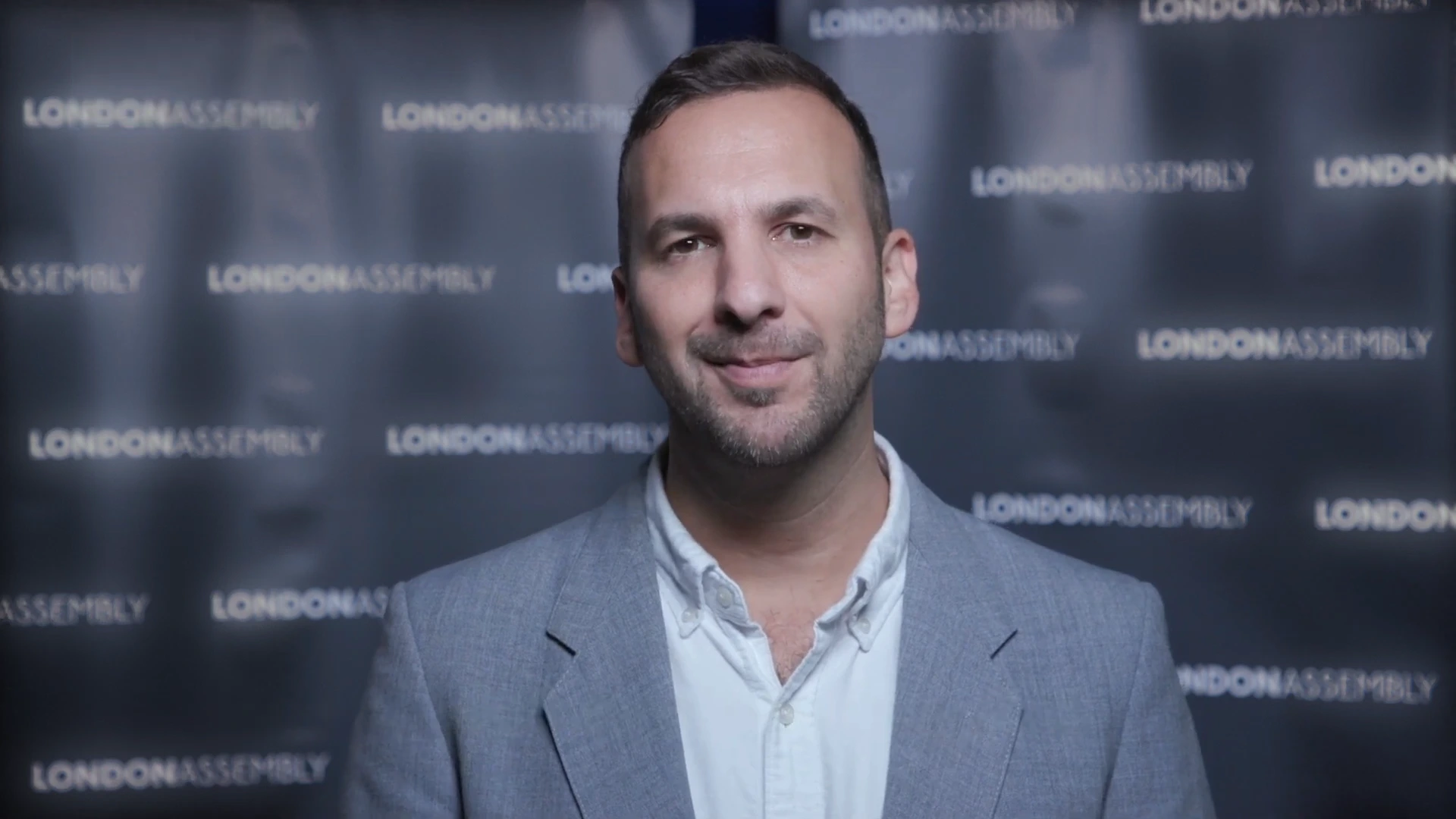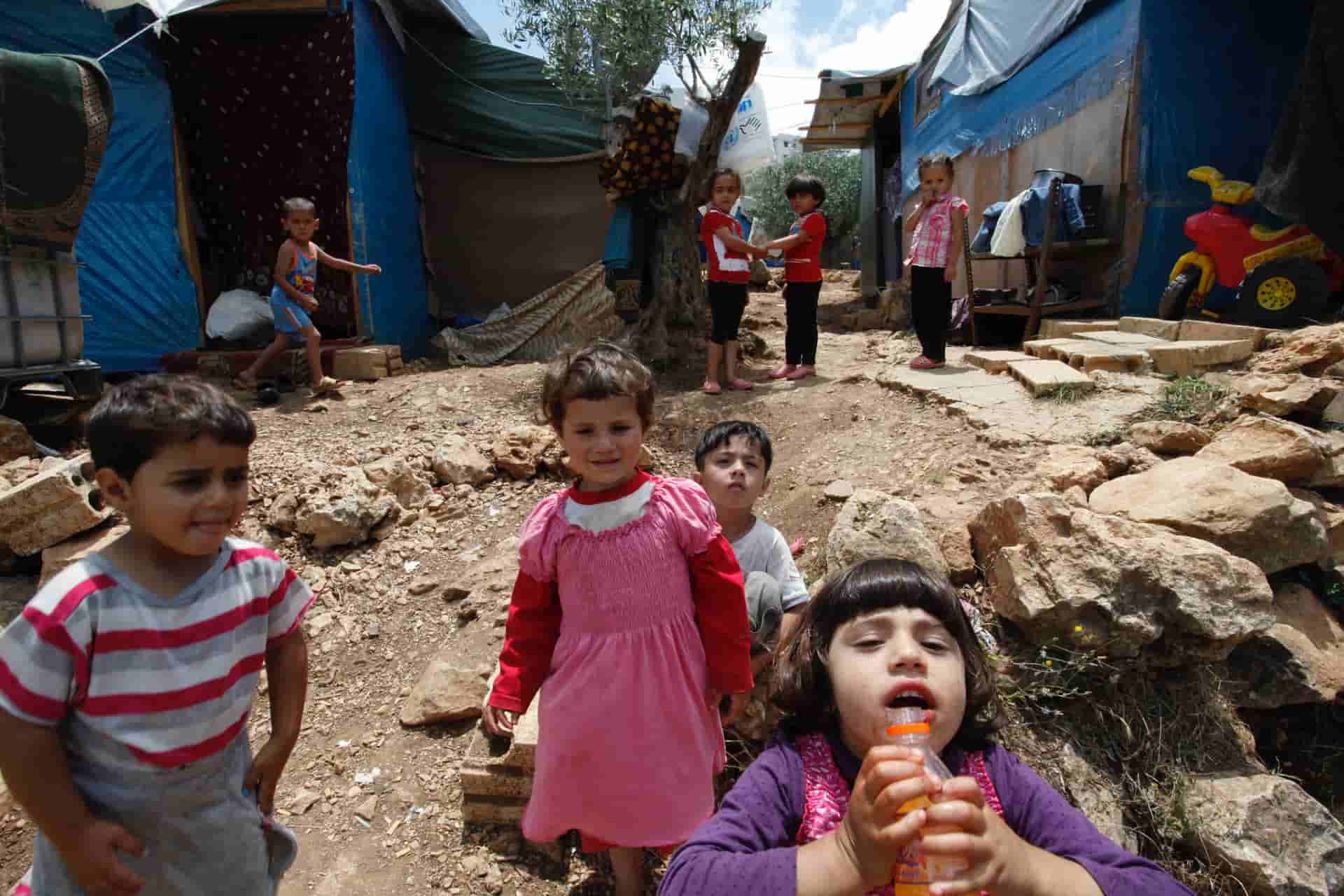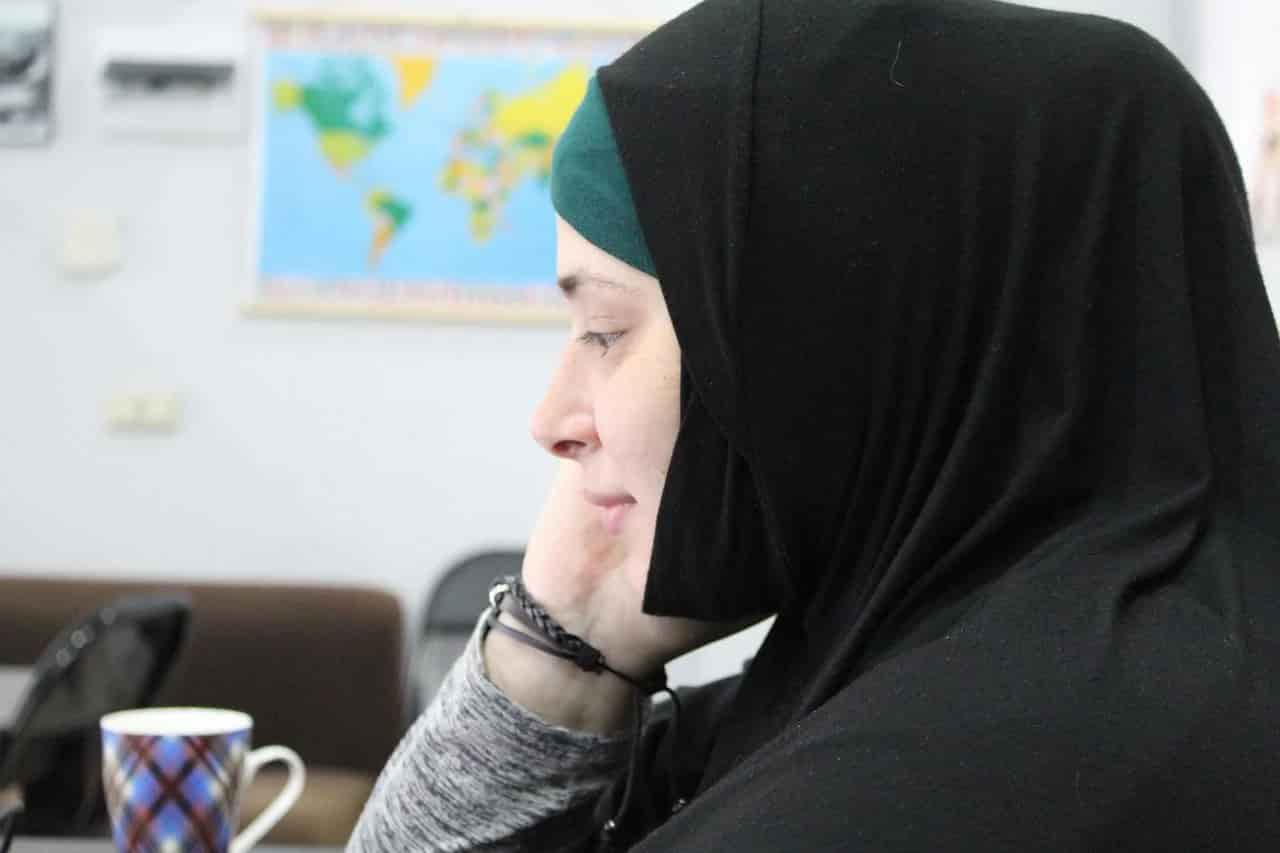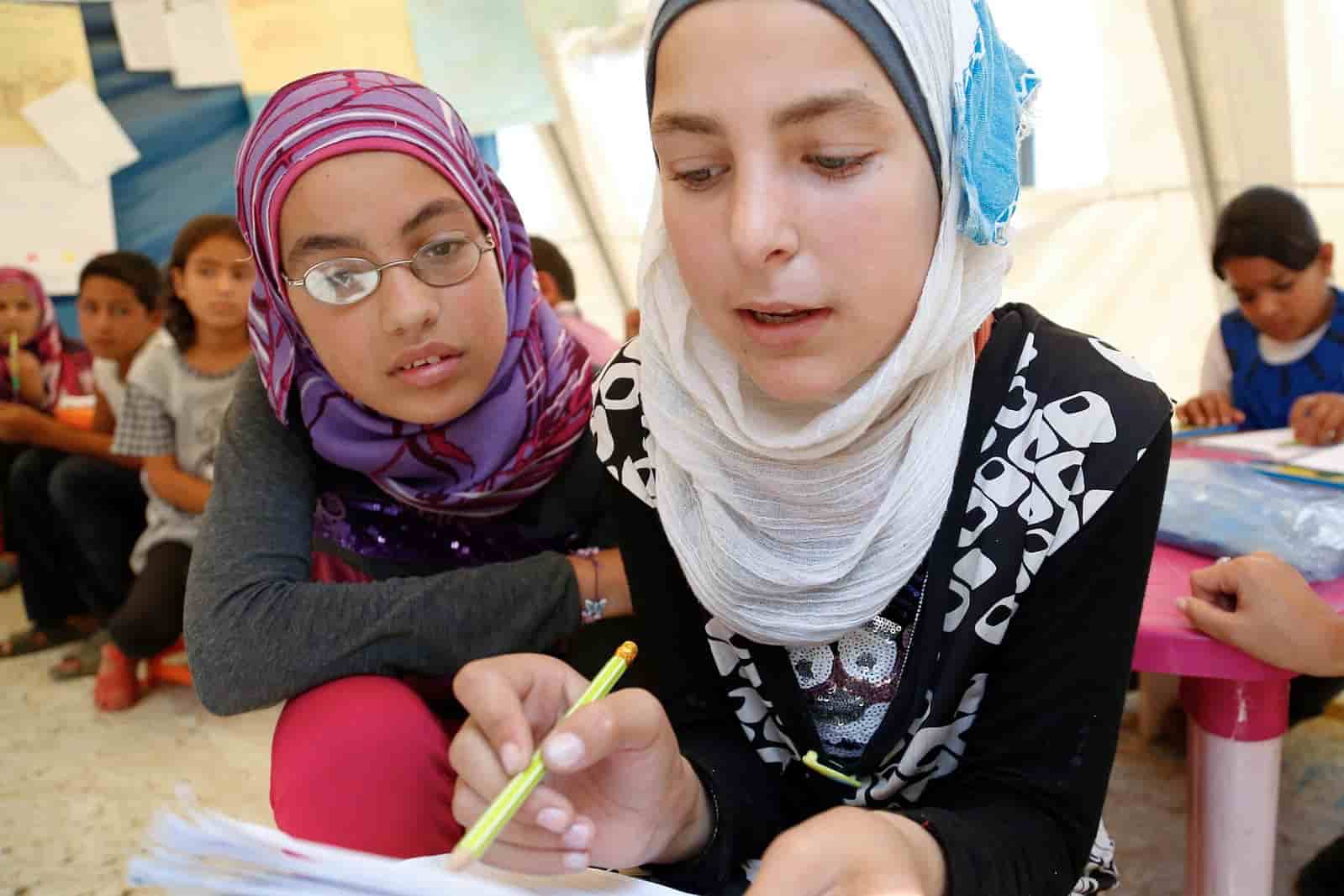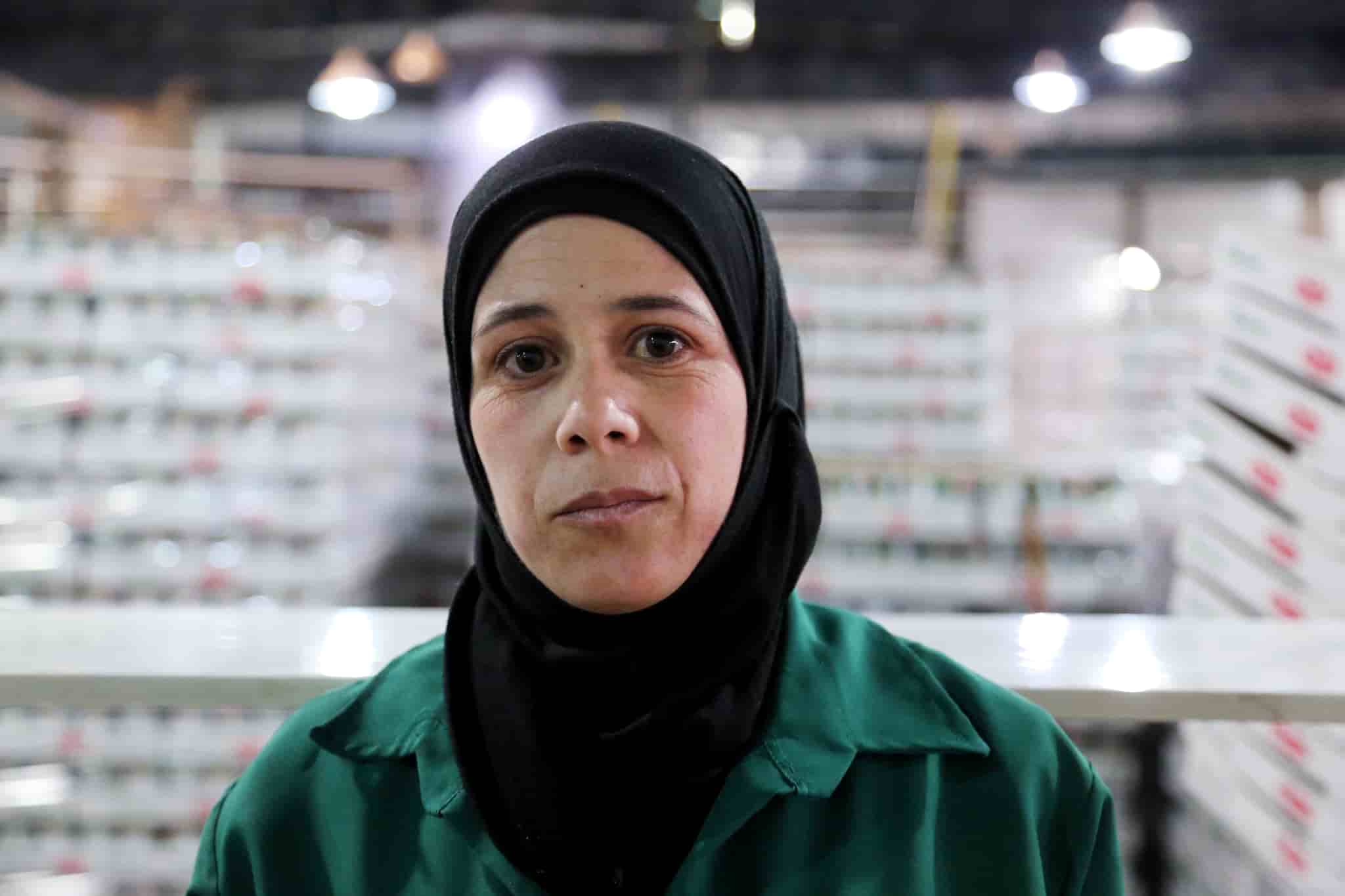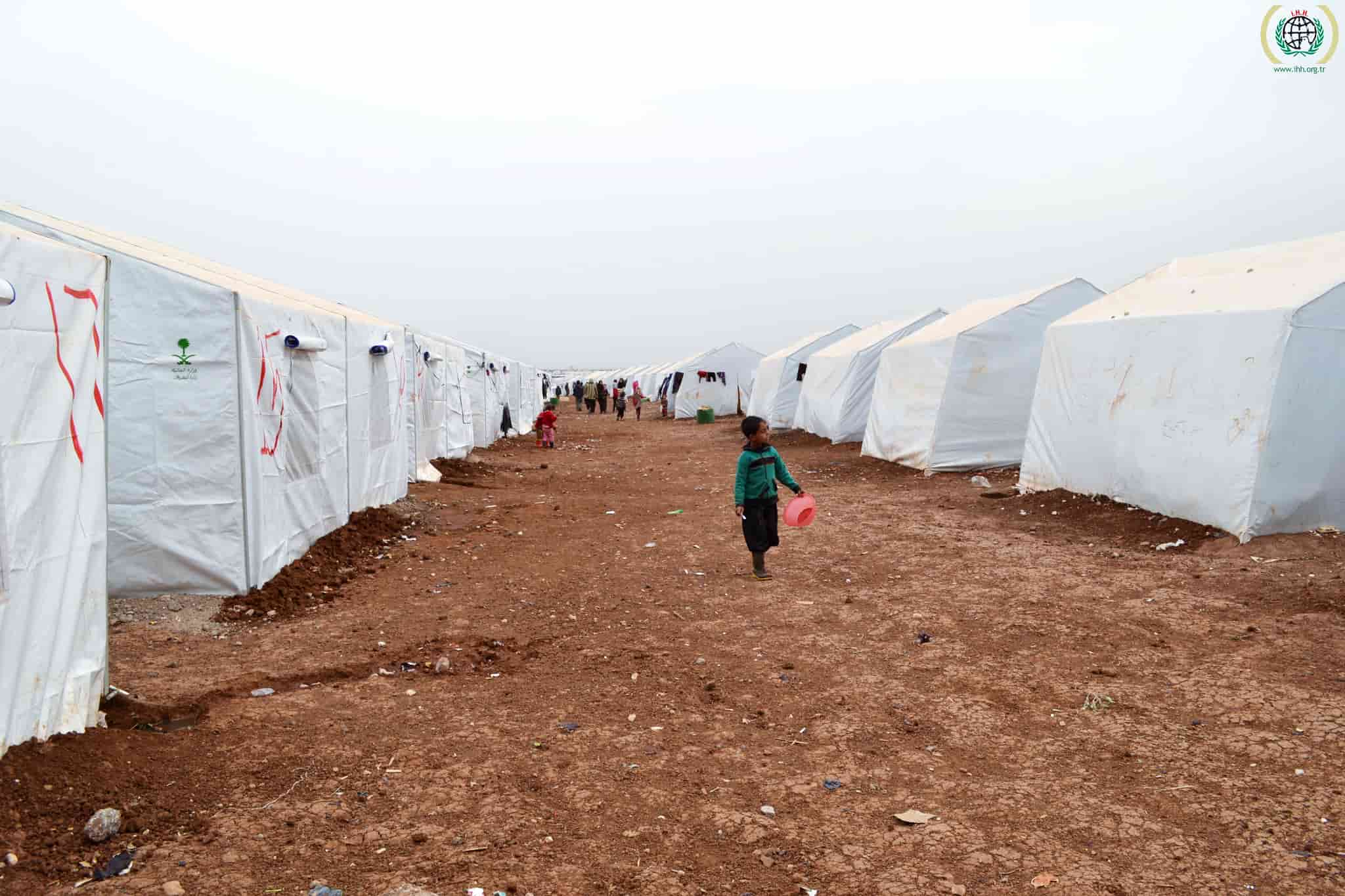
Personal interviews with Kevin, an immigrant from Rwanda, and a former employee of the International Rescue Committee, uncover the complex realities of immigration in America
For years immigration has been a controversial subject in the US. Some Americans call for harsher policies against immigration, others for a revision of immigration policies to allow for easier processing and more assistance to refugees. All in all, one after the other, governments have tried to revise these policies in hopes of appeasing the American population, but neither has been able to fully address this issue in a manner favourable to all.
One of the arguments by those against welcoming or assisting refugees in the country are that the country’s resources are depleted and can no longer fully accommodate citizens, let alone outsiders, Other concerns include the fact that immigrants are willing to do more for less, which tips the balances of equal employment opportunities; while others consider immigrants responsible for a decline in safety standards across the country.
In truth, immigrants don’t deplete the country’s resources because they also contribute to them. In fact, the entire country was built on the backs of immigrants. Immigrants come to this country for jobs and to improve their lives. When they get here, those who are eligible receive state sanctioned benefits which don’t last long.
When it comes to safety, no one is more responsible for the past mass shootings than Americans themselves.
Those, who are not eligible for those benefits, must fend for themselves by taking up small jobs left and right just to make ends meet. Most of the jobs that immigrants with no lawful status take are jobs that no citizen or resident wants to do. These are jobs like rubbish picking, handyman, yard work, babysitting, house cleaning, etc… and they do these jobs for a fraction of the regular pay since they have no other choice, as for them any pay is better than no pay at all. This eliminates the idea that they take jobs from residents. When it comes to safety, no one is more responsible for the past mass shootings, killings, looting, vandalism, and property damage in the US than Americans themselves.
In July 2022, a poll was conducted by NPR to gauge how Americans truly feel about immigration and the policies surrounding it, especially after the previous government’s divisive antics about immigrants and the border crisis.
A lot of Americans, especially young ones, seem to agree that immigration is a good thing, but the policies surrounding it should be revised to allow for faster processing times, and most importantly, easier access to much-needed resources (food, healthcare, clothing items, education, financial freedom, and literacy, etc).

“In my workplace, I’ve felt as if I didn’t belong… Photo: by Samson Ajayi. The accompanying image is not of the interviewee and is being used for illustrative purposes only.
I recently sat down with Kevin Dorian, an immigrant from Rwanda, to learn about his journey as an immigrant in the US. Kevin first arrived in the US on October 14th, 2013”, in a journey which he described as “long but not very arduous”.
Upon his arrival, Kevin faced challenges with communication due to a lack of translators, and found that he was not eligible for any benefits or resources. Kevin shared, “I had to fend for myself, while I was also applying for the refugee’s status. After four years I was finally granted asylum and even then, I was on my own. Working when I could to make ends meet and studying as well so that I could get better employment opportunities and achieve my dreams.”
Kevin has experienced feelings of unwelcomeness in the US, particularly in the workplace and in higher education.
“In my workplace, I’ve felt as if I didn’t belong… I remember being dismissed when I had to bring up an issue to my supervisor, just because he heard my accent and instantly deduced that I was not familiar with proper workplace etiquette… This affects the way you interact with your peers as many tend to discriminate or mock your accent, and background. It’s almost as if no one expects you to get that far or even measure up with the others and the demands of higher education, and corporate America”.
Kevin has also experienced instances of hostility as an immigrant, including a threatening encounter with local law enforcement. He elaborated: “I had a car park encounter with local law enforcement and when they realised I was an immigrant, I was threatened with deportation without even a word as to why I was even a suspect to begin with”.
Despite these challenges, Kevin has found moments of welcome and acceptance, particularly in the church communities he has been a part of.
“The church I attended in Arizona was the first place I’ve felt welcomed… The people were nice and understanding… I also attended another church one time on Christmas 2013 called Paradise Valley Church, they were also very welcoming”.
Kevin is proud of his ability to remain fearless despite the difficulties he has encountered, and hopes to one day see the rest of his family safely settled in the US as well. He told me, “Being fearless despite the difficulties I’ve encountered. I haven’t got a single ticket, police arrest, and it’s a blessing not having a bad record in the US”. Kevin also hopes to live up to his dreams and achieve everything he sought in coming to the US.

“My strong belief in a greater power kept me going” Photo: Chapel of the Holy Cross, Sedona, Arizona. © Bernard Spragg. NZ/Flickr
However, Kevin is also afraid that racial prejudice and division may get in the way of his dreams. He shared, “Racial prejudice and division seem to be rising in the US and things for immigrants are always changing. The uncertainty of it all is very scary.” In difficult times, Kevin finds strength in his Christian faith and the support of his friends and family.
“I’m a Christian and my strong belief in a greater power kept me going… My friends and family have also been a great source of support and motivation”.
It is clear that the process of settling into a new country can be filled with challenges and difficulties. Fortunately, there are organisations like the International Rescue Committee (IRC) that provide resources to help immigrants integrate into American society once they arrive in the country.
To learn more about the work of the IRC, I sat down with Justin Scott, who is a former employee of the organisation. Justin told me about his insights on the resources the IRC offers to immigrants and the impact they have on helping them navigate the process of settling into their new home.
I started asking Justine about the start of his association with the organisation:
“I applied on the IRC website in 2011 but got hired in 2012, I worked there until 2014.” Justin was a part of the Welcome committee and the Community Integration and Development committee, which worked to prepare immigrants for full participation in American society.
He said, “The welcome committee is composed of individuals who pick up refugees from the airport upon arrival and take them home. This same committee makes sure that these houses are fully equipped (furniture, house appliances, groceries, etc).”
“The Community Integration and Development team on the other hand oversees other things such as helping refugees apply for health care assistance, nutrition assistance, rent assistance or government housing, but also making sure they have access to English classes. This same team also intervenes to help refugees look and apply for jobs, learn computer and financial literacy skills, have access to education for the children, access social services and community support, but most importantly legal services towards residency and citizenship.”
“Everything is done on a case-by-case basis as all refugees are not subject to the same resources. Some come alone, others with families, and others have relatives already residing in the US and choose to live with them instead”.
When asked about his experience working for the IRC, Justin shared, “I like helping people. There’s something special about new beginnings, especially with immigrants. Watching people decide to leave everything familiar, everyone they know, in search of a better life. It’s very inspiring. Rendering that process easy for people who most of the time are fleeing traumatic things in their homelands is very fulfilling and important.”
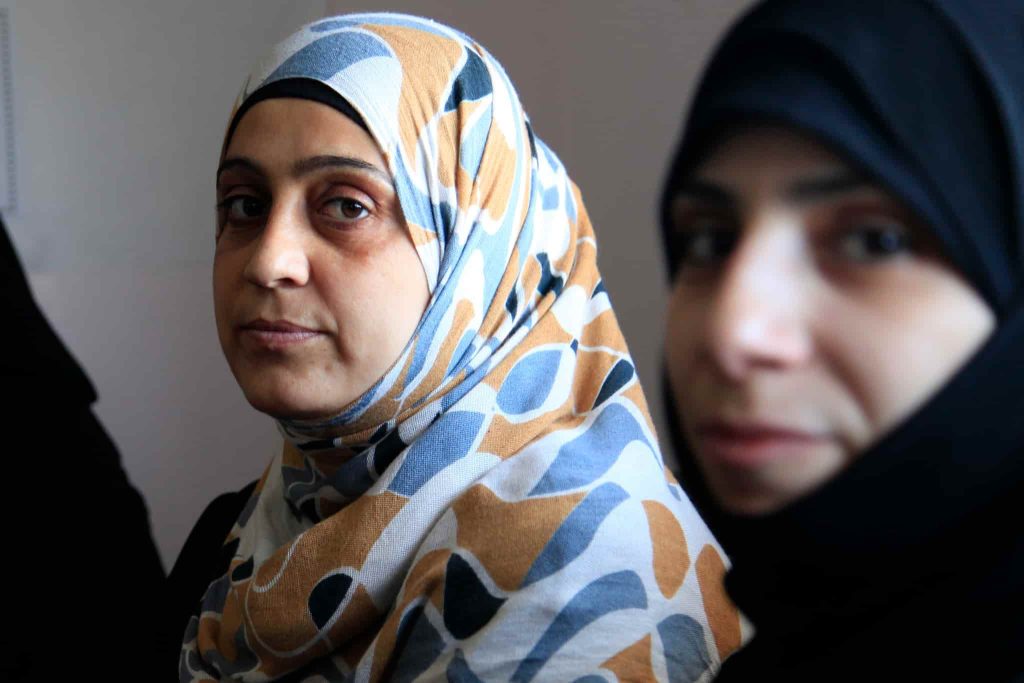
The IRC is a global humanitarian organisation that provides aid to refugees and displaced people. It works in 40 countries and 26 US cities to help refugees become self-sufficient, focusing on their health, education and economic well-being. Photo: DFID/Flickr
However, Justin has also encountered bigotry within the organisation, stating, “What I hated was encounters with bigots even in the office. Some employees would only help immigrants of similar backgrounds while ignoring the others, even if it went against company policy. That was very baffling to me, as it would make me wonder why they chose that field of work to begin with. And yes, some people are in it because they really care, others are only in it for a check”. Justin ultimately left the IRC to pursue higher education and accepted a better offer with the UNHCR, where he continues to work in different parts of the world.
When asked about the top five caveats for immigrants in the US, Justin told me, “I would say: don’t do drugs, avoid bad habits (bad food, etc.) avoid bad influences, avoid lounging with bad groups, avoid issues with the law, and pay attention to racial misconceptions…”
“It’s very important for refugees to avoid run-ins with law enforcement, especially in this political climate that is not very friendly towards immigrants… It’s important to get involved in the community, as it can help immigrants feel connected and supported. Embracing one’s culture and sharing it with others can also be a positive and enriching experience. Finally, it’s important for immigrants to be proactive in seeking out resources and assistance. There are many organisations, like the IRC, that can help immigrants navigate the process of settling into their new home and provide support along the way”.
Immigration is a complex and multifaceted issue that elicits a range of opinions and viewpoints. The interviews offer a nuanced and personal understanding of the complex issues surrounding immigration in the US. While there are certainly challenges and difficulties that immigrants face, there are also many organisations and individuals working to support them and help them succeed in their new home. It is important to continue having conversations and seeking out diverse perspectives on this issue to better understand the experiences of immigrants and find ways to support them in building a better life in the US.





